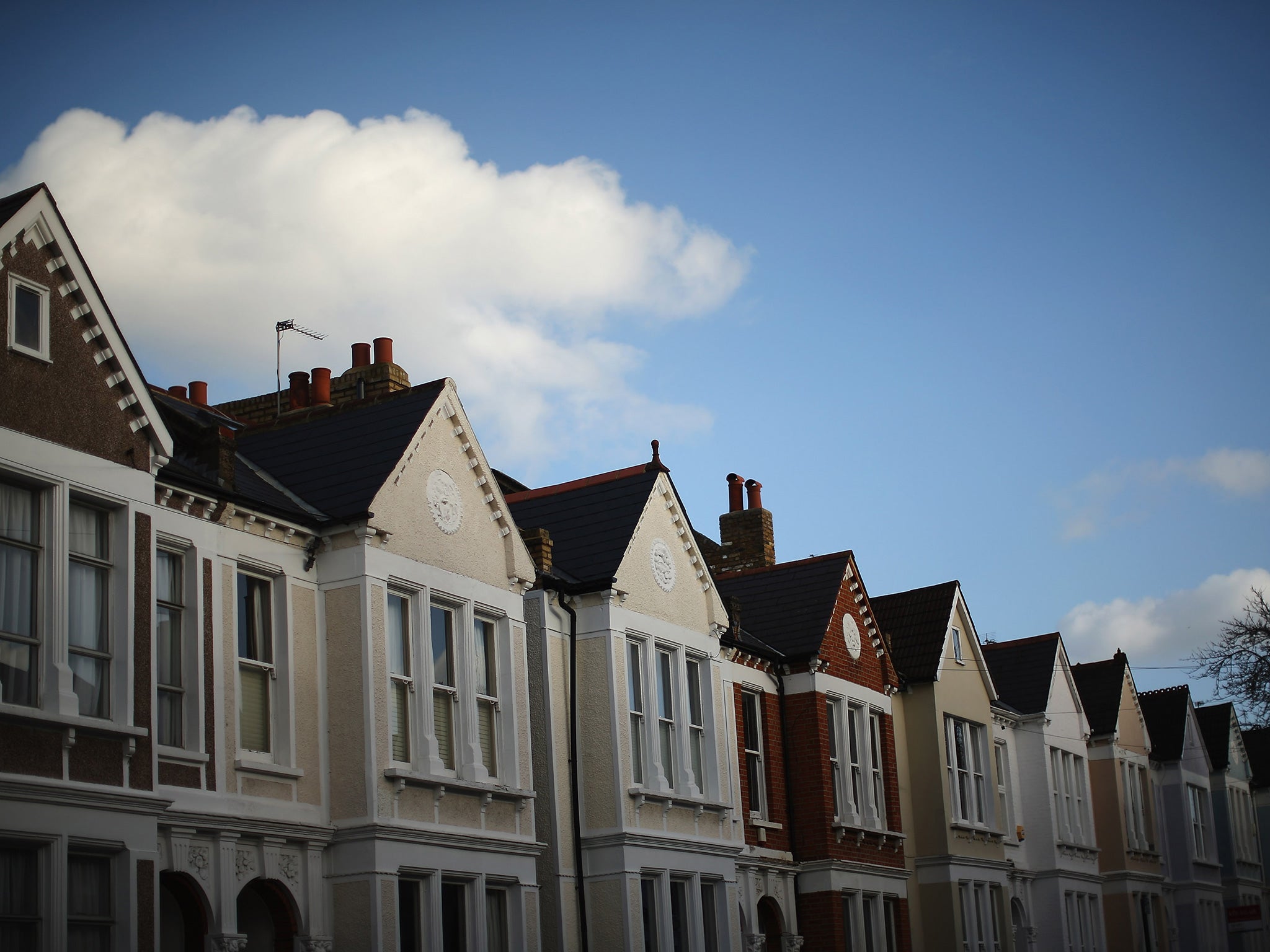Your support helps us to tell the story
From reproductive rights to climate change to Big Tech, The Independent is on the ground when the story is developing. Whether it's investigating the financials of Elon Musk's pro-Trump PAC or producing our latest documentary, 'The A Word', which shines a light on the American women fighting for reproductive rights, we know how important it is to parse out the facts from the messaging.
At such a critical moment in US history, we need reporters on the ground. Your donation allows us to keep sending journalists to speak to both sides of the story.
The Independent is trusted by Americans across the entire political spectrum. And unlike many other quality news outlets, we choose not to lock Americans out of our reporting and analysis with paywalls. We believe quality journalism should be available to everyone, paid for by those who can afford it.
Your support makes all the difference.The vast majority of tenants living in homes privately rented from landlords would not be there if they had a choice, new research has established.
A survey of private renters found that 74 per cent were living in houses owned by landlords because they couldn’t get access to social housing or couldn’t afford to buy a home of their own.
The study, conducted by the housing charity Shelter, found that only 17 per cent of tenants said they actually preferred renting their home from a landlord.
The findings come despite it being official government policy to push for more people to live in the private rented sector.
Housing minister Brandon Lewis said last year that the Government wanted to create a “larger rental sector” by making sure it remained deregulated.
In March of this year he again called for a “bigger, better private rented sector” in an announcement detailing plans to force councils to scrap borough-wide landlord licencing schemes.
Campbell Robb, the chief executive of Shelter, said it was not surprising that people were not comfortable renting.
“Successive governments have failed to build enough homes, leaving families to struggle with sky-high rents and soaring house prices,” he told the Independent.
“Every day we hear from young families caught in ‘rent traps’, paying out huge amounts of their income to private landlords each month and watching their dream of a stable home to put down roots become more and more distant.
“The autumn spending review is the government’s last chance to give back the hope of a stable future to the millions bearing the brunt of this crisis, by investing in the genuinely affordable homes we need.”
Respondents were even more hostile to living in private rented homes in London, where more people live in it than anywhere else.
In the capital only 13 per cent of people had a positive reason for living in a rented home, and 79 per cent of people said they were only there because they could not obtain another kind of housing.
People were asked their reasons for living in the private rented sector and their responses were groups according to whether they wanted to be there or not. By far the biggest reason for renting was being unable to afford to buy a house.
The small group of people who liked renting mainly said they preferred the flexibility of their arrangements or were between homes of another tenure.
Researchers at the charity Citizen’s Advice found in May this year that tenants are made to hand landlords £5.6bn a year to live in unsafe homes which do not meet legal standards.
The study found that 740,000 privately rented homes across England contained serious risks to health including severe damp, rat infestations and the risk of explosion.
Privately rented homes were found to be significantly less safe on average then those maintained by councils or housing associations, as well as homes lived in by the person who owns them.
There is widespread support for the introduction of tighter regulations on landlords, including rent controls. A poll by Survation conducted earlier this year found that only 6.8 per cent of people were opposed to rent controls, while 59 per cent strongly supported it.
The survey of English tenants was conducted by the pollster YouGov, a member of the British Polling Council.

Join our commenting forum
Join thought-provoking conversations, follow other Independent readers and see their replies
Comments